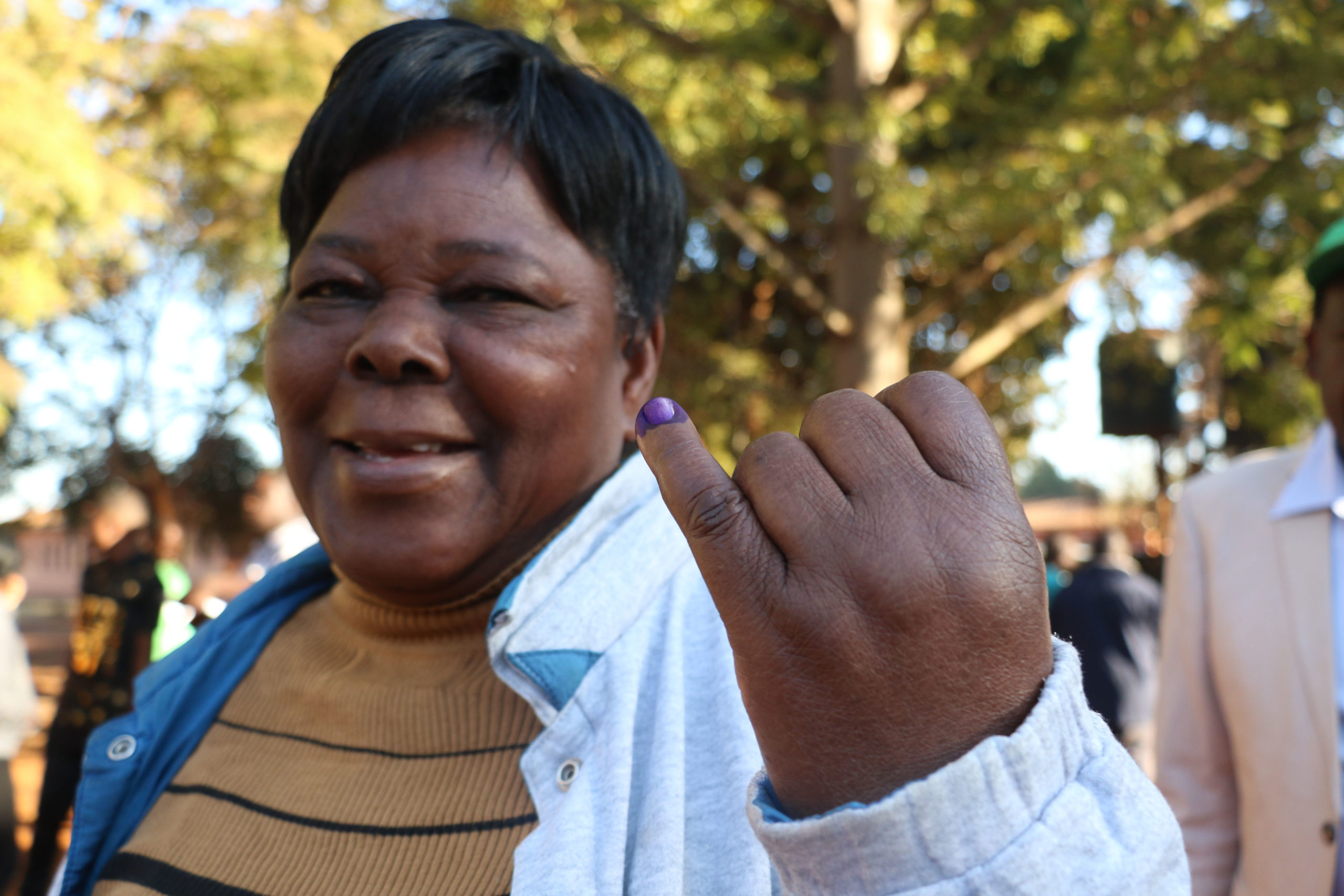What a time to celebrate open data day! The open data day finds itself uniquely placed this year. Not only is it International Women’s Day and Women’s history Month within March 2021, but the world is going through a pandemic where open data has been considered a major life saver.
The coronavirus pandemic has exposed deep institutional and fundamental problems in societies that go far beyond the conventional philosophies of public health. Governments’ and civil societies’ capacity to drive change during the pandemic has relied heavily on the ability to communicate vital information effectively , harnessing the power of data and leveraging on digital technology .
As the crisis evolved, data quickly became a pillar in the fight against the virus with incredible amounts of data and infographics circulating immensely around the world.
Governments, companies, scientific communities and civil society were in need of data-driven tools to be able to address response and recovery. Whether logistics for medical supplies, virtual customer engagement, pandemic response centers, insurance processing, real-time outbreak monitoring, or Personal Protective Equipment (PPE) distribution, governments found themselves in dire need of data to drive rapid change .
The pandemic is still here with us but what are some of the take aways for data governance?
Open data can save lives !
The governments’ response to COVID-19 provided an opportunity to interrogate the data being used to inform decision making. Despite a growing understanding of the pandemic, more evidence was needed for successful continued prevention and treatment of infections. The importance of reliable data to address the growing need for data-driven decision making cannot be disputed. Transparency over forecasting models and data that was influencing government’s strategies remained a critical tool to winning the fight against COVID 19. When the government openly publishes the data and models that underpin those decisions, chances of misinformation and rumors are reduced because the public is assured that the actions of the governments are based on scientific data, rather than political convenience. Data is said to be “open” when it can be freely accessed, used, re-used and distributed by anyone for any purpose .Open data allows for data inter-operability, i.e. the data must be available in a convenient and modifiable form to enable deployment for a variety of purposes and occasions and across diverse systems and organizational set-ups.
Open data can influence attitudes and behavior
The “flatten the curve “quote was a persistent message during the pandemic globally. A significant amount of data was published urging people across the globe to flatten the curve, ensuring that based on the available data, people could monitor the curve, prompting them to change their behavior to save lives.
The significant role of civil society in data governance
To counter the spread of the virus, save lives and reduce the economic damage during and after the global health crisis, both individuals and governments are forced to take quick decisions and actions, often under intense pressure and distress. Good decision-making and action require timely and efficient access to reliable information.
Consequently, there is more data available than ever before, and civil society needs to take advantage of this and be savvy in data sourcing, analysis and presentation.
Stakeholders including but not limited to frontline healthcare workers, healthcare and associated businesses, media practitioners and communications professionals, patients’ rights champions, patients’ groups, grant makers and development partners, human rights defenders, women’s rights and reproductive rights advocates as well as the whole continuum of marginalized and vulnerable populations depend on civil society to translate complex data and step in when official communication channels have failed to give people accurate information. This underpins the critical role of civil society in times of such crisis.
Hivos East Africa’s PROTECT program
PROTECT is at the heart of free expression by partnering with infomediaries to interpret complex and complicated data into actionable information that citizens can use to hold governments to account.
The program pursues the use of open data in driving social and political change by addressing three challenges: shrinking civic space, repression of independent media and infomediaries and data; transparency and accountability failures.




